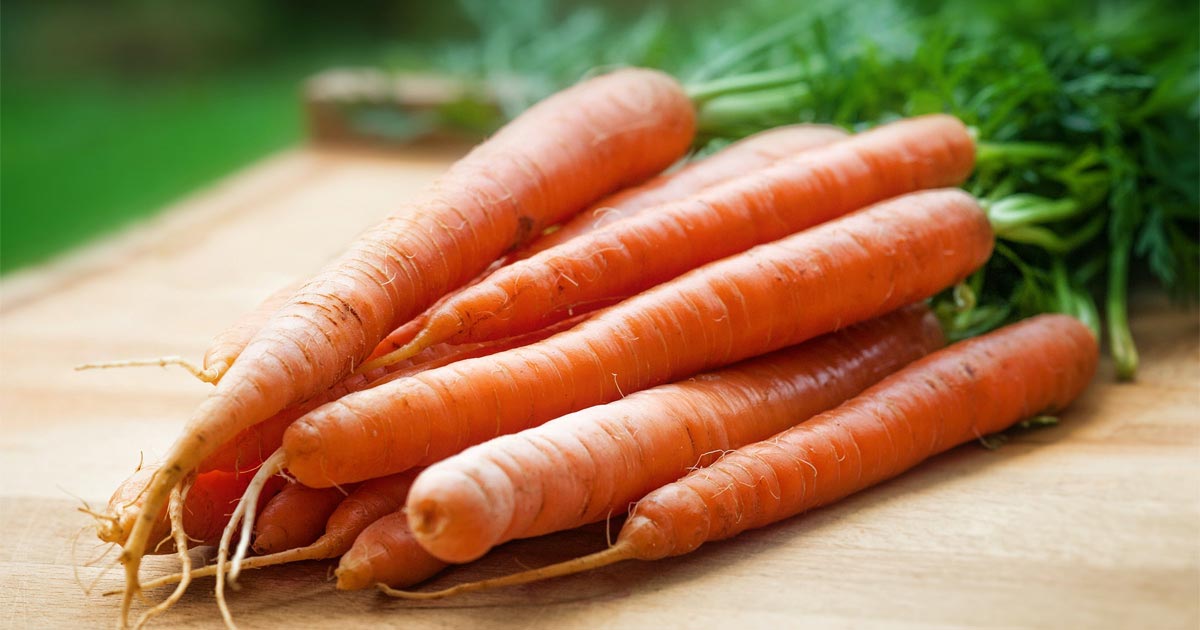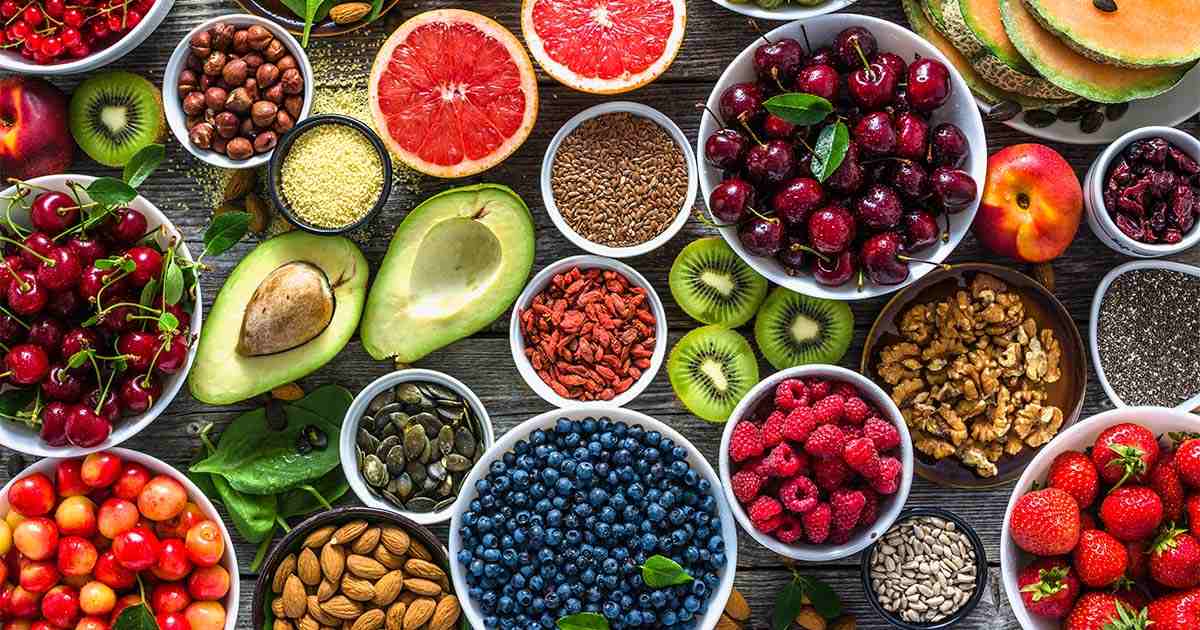Have you ever seen a rabbit wearing glasses? They don’t tend to – and that might because they eat a diet full of carrots. Carrots contain beta-carotene and lutein – two key nutrients one can eat to support eye and vision health.
While carrots help support healthy eyes and vision, there are other foods that contain nutrients that are beneficial to your eyes as well. Incorporating more nutrients won’t result in clearer vision or cured eye diseases, but it might result in preventing common eye diseases and having healthier eyes all around.
Common vision health problems
Although not definitive, some research suggests there are ways that might help you potentially avoid or delay the development of common eye diseases such as:
- Cataracts: a condition that causes the lenses in your eyes to become cloudy
- Glaucoma: a disease that damages your eye’s optic nerve, usually due to a buildup of fluid that increases the pressure in your eye
- Age-related macular degeneration (AMD): occurs whenever a part of your retina, called the macula, is damaged
As you age, it is common to notice small changes in your vision such as losing the ability to see up close or having trouble distinguishing between dark colors. Additionally, most risk factors for eye diseases increase with age.
Antioxidants
In addition to protecting your eyes from the sun, not smoking and visiting the eye doctor regularly, antioxidants can help lower your risk of developing eye disease. Antioxidants play a large role in fighting off diseases, as they are compounds that prevent or delay cell damage in your body.
Common antioxidants that are beneficial for eye health include:
- Lutein – helps lower the chance of developing a serious eye condition by absorbing harmful blue lights and protecting the center part of the eye.
- Zeaxanthin – plays a similar role as lutein and protects the central part of your eye from harmful light sources and oxidation.
- Vitamin A – helps promote healthy pigment production in your retina (the back part of your eye) and protects your cornea (the dome on the outer part of your eye).
- Vitamin C – contributes to healthy blood vessels in your eyes.
- Vitamin E – protects eye cells from molecules that break down healthy tissue.
- Beta-carotene – converts to vitamin A in the body, which helps improve pigment production and decreases the chance of dry eyes or eye infections.
- Omega-3 fatty acids – help reduce inflammation and maintain moisture on the eye’s outer layer and tear ducts.
- Zinc – helps transport vitamin A to the retina.
Foods that help support eye and vision health
Reading a list of vitamins and nutrients does no good if you don’t know what foods contain them. In general, it is best to focus on a rainbow diet, meaning adding as many colors to your plate as possible via fruits and vegetables. Reds, yellows, oranges and dark greens are the eyes’ best friends!
A few common year-round foods known to support eye health are:
Salmon
- Fish like salmon are high in omega-3 fatty acids, or “healthy fats.”
Eggs
- Eggs are high in vitamin A, lutein, zeaxanthin and zinc, making them a superfood for your eyes!
Almonds
- Almonds contain vitamin E and can be a healthy snack when eaten in moderation.
Dairy products like milk and yogurt
- Dairy products have both vitamin A and zinc. You’re likely to get the most benefits from milk that comes from grass-fed cows.
Carrots
- It’s not just an old wives’ tale that carrots are good for your eyes! They contain vitamin A and beta carotene and are easy to sneak in your lunch or dinner.
Kale
- Kale is similar to eggs in that it is considered a superfood for your eyes. Other vegetables that contain lutein and zeaxanthin are red peppers and spinach.
Oranges
- Oranges and other fruits like strawberries, kiwis, lemons and grapefruit are high in vitamin C. This makes them the perfect addition to your eye-healthy diet.
It’s important to remember that adding these foods to your diet won’t guarantee strong eye health or prevent any eye-related diseases. However, research has shown that for many, a diet high in antioxidants can be correlated to better overall eye health.
If you are interested in learning more about your eye health, you can speak with your physician or book an appointment with an ophthalmologist or optometrist.
While the foods in this article are generally associated with a healthy-vision diet, it may not be advisable for everyone to follow. Please consult your physician before making any big changes to your diet or lifestyle.
Social Share
At Enhabit our patients are our number one priority. From providing the latest medical practices to building deep personal connections, we’re focused on upholding every patient’s dignity, humanity and sense of control on their health care journey.
Home health
Our home health services give patients access to the care they deserve in the comfort of their own homes. From disease and injury management to recovery from surgery, our clinicians help patients confidently achieve their healthcare goals.
Hospice care
Our hospice care services place importance on the comfort of every patient living with a terminal illness. Our caring professionals are dedicated to providing not just physical care, but spiritual and emotional support to every patient and their loved ones.






